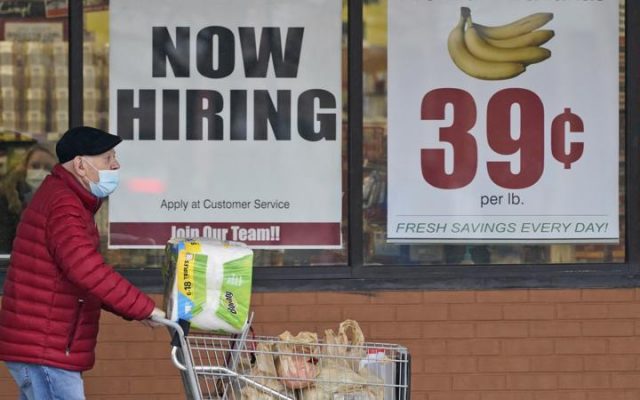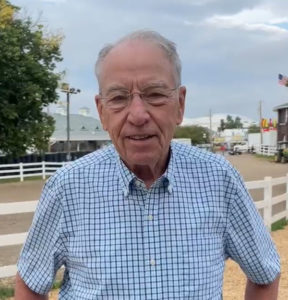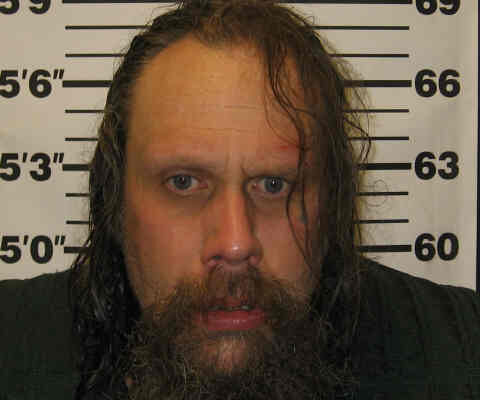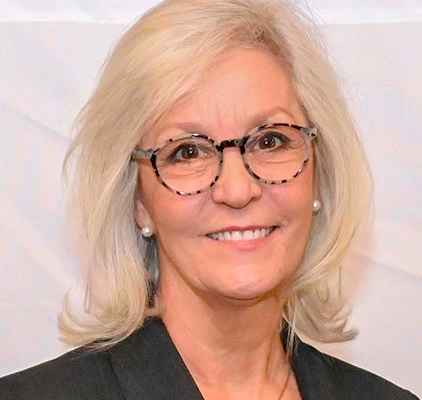Too early to tell if change in unemployment pay rules has impact

DES MOINES — The rules for collecting unemployment in Iowa changed this month — going from 26 weeks to 16 weeks before the unemployment benefits end.
Iowa Workforce Development Director Beth Townsend says it’s too early to know if that has had an impact yet. “It didn’t start until o claims that were started, are filed July 3rd forward. So we’re just in the very beginning of it. And right now, you know, our unemployment claims are as low as they’ve been since the 70s. So we’re not seeing a lot of people on benefits, because people are finding jobs,” Townsend says.
The June unemployment rate fell to the level we saw before the pandemic hit. Critics say cutting back the time benefits are paid will hurt some Iowans. Townsend doesn’t agree. “The reality is, no one in Iowa needs to be unemployed for 26 weeks. And if you look at the average length or duration of unemployment benefits for the last decade, it’s been about 12 to 13 weeks, per year,” according to Townsend. “And those are usually the folks that are on unemployment on a regular basis, every year because of construction, you know, they work in construction or outside jobs.”
She says it’s unusual for those workers to need 16 weeks of unemployment and they are not the target of the change. “We’re trying to get the folks that kind of have a business model or a lifestyle choice to take a job where they only want to work six months a year, and they want to draw six months of unemployment,” she says. “Those are the folks that we’re targeting to say, you don’t need to be on unemployment for six months, if you have a job, that will allow you to work for six months, we can get you another job to fill that other six months.”
Townsend says with the number of jobs available and I-W-D’s return to work focus, this should not be a big deal for many job seekers. “You know, our goal is to get you to get to your next job as quickly as possible. And we would love to do it in you know, two to four weeks,” according to Townsend. “If you’re at 16 weeks, we know that we somehow failed to help you because it’s taking you that long to find the right job. So we want to, we want to make sure that you don’t have to worry about the 16 weeks that you found your next job at the 6 weeks point.”
One of the twists in the downturn of the economy is many people who retired are coming back into the workforce. Townsend says it’s hard to say how long these workers will stay before going back into retirement. “As long as we continue to see increasing inflation — I mean, it doesn’t appear to even be leveling off yet — it just continues to increase. And while there’s been a slight decrease in gas in the last couple of weeks, there’s really no indication that it’s going to get below four dollars, which most people that went into retirement didn’t plan on paying four dollars down for gas,” Townsend says.
She says each person will have to decide how much longer they have to work to make up the economic losses. “Probably it’s gonna depend on their own financial situation and how much their 401-K, if that’s how they’re funding their retirement, has been impacted by the changes in the economy,” she says.
Townsend says the job market right now favors retirees and others when it comes to job options. “Employers are now willing to say, if you’ll give me four days a week, and you want to work six hours a day, I will take it. Or if you want to work Monday through Thursday, 10-hour days, I’ll take it if you want to work Tuesday through Friday, you know, or just three days a week, there’s so much more flexibility available that I think that that might incentivize those that are coming back out of retirement to stay a little bit longer,” Townsend says.
Townsend encourages anyone looking for work — retirees or otherwise — to contact I-W-D to get help finding the best job that fits their needs.




